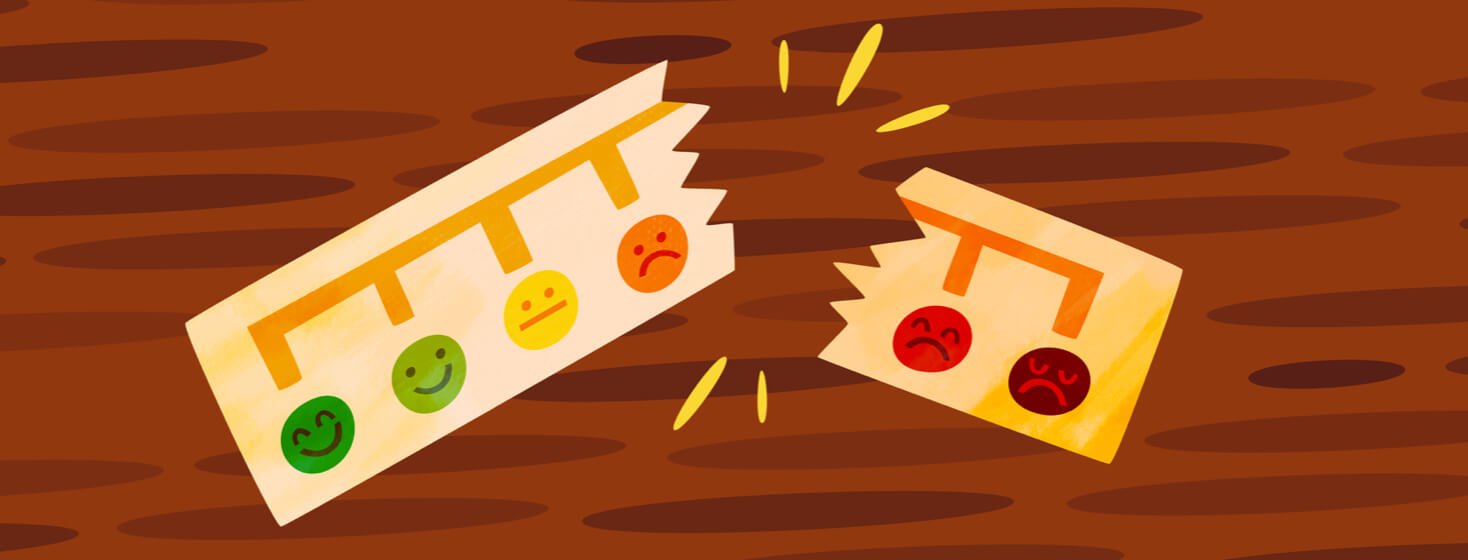What's Your Pain Number?
One of the things when dealing with psoriatic arthritis is pain. Whether it is short-term pain while trying to do chores or long-term pain that debilitates you, it is all pain-related. When it comes to being seen by a doctor for your psoriatic arthritis, do you find it difficult to describe your level of pain? Does your doctor look at you like you are there for pain pills only? At some time or another, I am sure we have all gotten that look.
Do you hate those charts that show pain one through ten? I know I do. The closer your pain level is to ten, the more we are looked at like we cannot possibly experience that level of pain. Unless they live with the same disease we do, then there is no way they can experience what we go through in a day.
My story with psoriatic arthritis pain levels
I had to go see a new primary care doctor about a year ago. His nurse came in and ran through all the standard questions they ask when you're new. I stated to her that I have psoriatic arthritis with the majority of my pain being in my back.
She asked what my pain level was that day with my psoriatic arthritis. I told her an eight. She stops writing to hand me the scale of pain paper. She asks again what my pain level was. Again, I replied an eight.
She goes out and the doctor comes in. He starts going through my chart questioning things he wanted me to explain more. He says that it states I have psoriatic arthritis. I told him, "Yes, for the past five years." He turns to me stating that he knows nothing about psoriatic arthritis, but lost weight he could guarantee I wouldn't hurt so much.
I was insulted
Not only was that an insult to me, but he quickly dismissed my pain level as well. I never went back to see him again.
How many can say they have had a bad experience like that? The number of people who have been dismissed because of their pain level is staggering. I am a member of a social media group where this subject was brought up. The responses floored me. I can tell you that in that thread I was not the only one to never see a particular doctor again. So again, how do you rate your pain level with psoriatic arthritis?
Surprising responses to the pain scale level question
It made me feel better to know I am not the only one experiencing this. One lady replied that a doctor told her there was no way she could be at an eight in pain. His reasoning behind it? He said most people have to go to an emergency room when it's that high.
Another lady was told her pain couldn't be that high. Two thumb joints and eight spinal nerve ablations later, she begged to differ with that doctor's opinion. Another lady responded that she had laughed so the doctor didn't believe her either.
An eight you say?
Could you imagine being treated like your pain level cannot be that high? Oh wait, I'm sure you can. Living with psoriatic arthritis, we learned to deal with the pain. Some of us have gotten really good at saying nothing because we won't be believed anyway. Others of us have gotten really good at smiling through the pain.
I am in both those categories. I respond however I feel fits the situation at the time. Most of the time it is saying nothing because I know the doctor will not believe me. I have a high tolerance for pain. When the pain gets to the point I state that it's an eight then that is what I feel. I do not need to be dismissed like I'm a drug addict. I hate taking all the pills I have to take every day just to manage my conditions.
Who's with me? Are you tired of being dismissed as well? What is your pain level with psoriatic arthritis? Maybe if each doctor had to live just one day in our shoes they would change their opinion. Hey doc, what is your pain number today?

Join the conversation